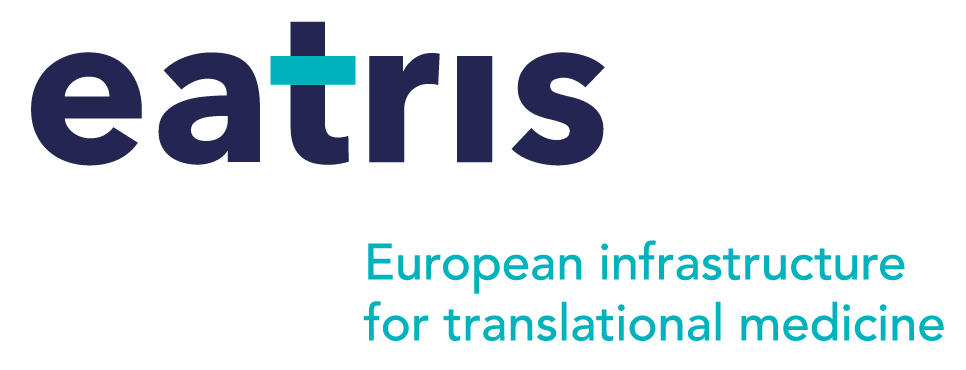Rare Disease researcher looking for a mentor?

The European Joint Programme on Rare Diseases (EJP RD) has developed a range of services with the overall aim to provide researchers the mix of competences (drug/diagnostic development, pre-clinical and clinical development, regulatory, methodological, Intellectual Property Rights (IPR)) needed to support rigorous translational research, to secure follow-on funding and find partners for the development of new treatments and diagnostics for rare diseases. To move a research project across all the compulsory steps that lead to market authorisation and reimbursement, and remove the well-known difficulties, a multitude of different actions and different sets of competencies are necessary. The mentoring programme is one of these services that was developed to support the rare disease (RD) community to translate high quality research more effectively into high impact interventions for the RD patient community, by creating a bridge between basic research and medical innovation, otherwise known as the 'bench to bedside' approach. Academic researchers often lack expertise in various fields such as regulatory science, therapy development, manufacturing, and healthcare practice, to name a few areas, and the mentoring program aims to give expert advice to help the researcher through these steps.
The mentoring programme is available to any scientist working on, or planning to work on, a translational research project in rare diseases. The mentoring itself has been organised into three packages:
- Package one can be accessed by researchers planning to apply for funding and consists of videos that you can watch at your own pace.
- Package two covers the pre-proposal stage of a rare disease funding call and consists of both videos and the possibility to schedule a virtual one-on-one meeting with a mentor to discuss specific questions related to your research proposal.
- Finally, package three is for a researcher that has received funding. This last package consists of videos and a virtual one-on-one meeting with a mentor.
The mentoring topics span from translational feasibility, therapy development, manufacturing of drug to carry out non-clinical experiments and later clinical trials, product classification, suitability of analytical readouts, quality assurance and control, regulatory compliance, intellectual property strategy, data and innovation management. Our experience thus far is that the latter four topics have been most in demand.
Access to expertise
The mentors are a panel of drug development, biomarker validation, methodological and regulatory experts, many of them with an industry background coming from the extensive networks of the partners in the EJP RD. These networks include those of the ESFRI infrastructures (BBRMI, ECRIN, EATRIS, ELIXIR), the European Reference Networks (ERNs), global partners in and outside of IRDiRC (especially those with drug, medtech and diagnostics development expertise, such as NIH NCATS, CDRD, LifeArc, AFM Telethon, FTELE), and the paediatric research community through CVBF-EPTRI. The mentors work pro-bono under full confidentiality and give project-specific feedback. There are no costs or obligations to the researcher. Experts will mentor teams in a longitudinal, distance format, via regular conference call meetings and occasional face-to-face meetings as needed, and will verify the achievement of milestones, advise on further steps and issue recommendations on technical progress, to maximize the project’s potential of success and further development towards the clinic.
Application process
Prior to the mentoring all applicants need to sign a letter of engagement to frame the interactions and cover confidentiality. Also, there is the possibility to indicate on the form the areas of most pressing need for mentoring, or to suggest other areas if they do not find the desired option. After the letter of engagement is signed, the teams plan an initial 30-minute call to discuss the identified areas that the researcher may need support or have questions. After the first call, technical experts with matching expertise are identified from within the pool of EATRIS collaborators and mentoring sessions are scheduled. The mentoring session is an interactive process with an open discussion.
If you want to access the mentoring service, we would encourage you to first check out the available resources on translational research from EATRIS and the EJPRD’s Innovation Management Toolbox.
If you would like to find out more and register for the mentoring service, visit the helpdesk here, and select "translational support" as the category. Your query will be dealt with by EJP RD and referred to EATRIS. Please note that enquiries should be made at least one month before the proposal deadline.
For more information visit the EJP RD Mentoring for Translational Research webpage and watch the testimonies from user and mentors of the EJPRD mentoring service.



Join the FEBS Network today
Joining the FEBS Network’s molecular life sciences community enables you to access special content on the site, present your profile, 'follow' contributors, 'comment' on and 'like' content, post your own content, and set up a tailored email digest for updates.